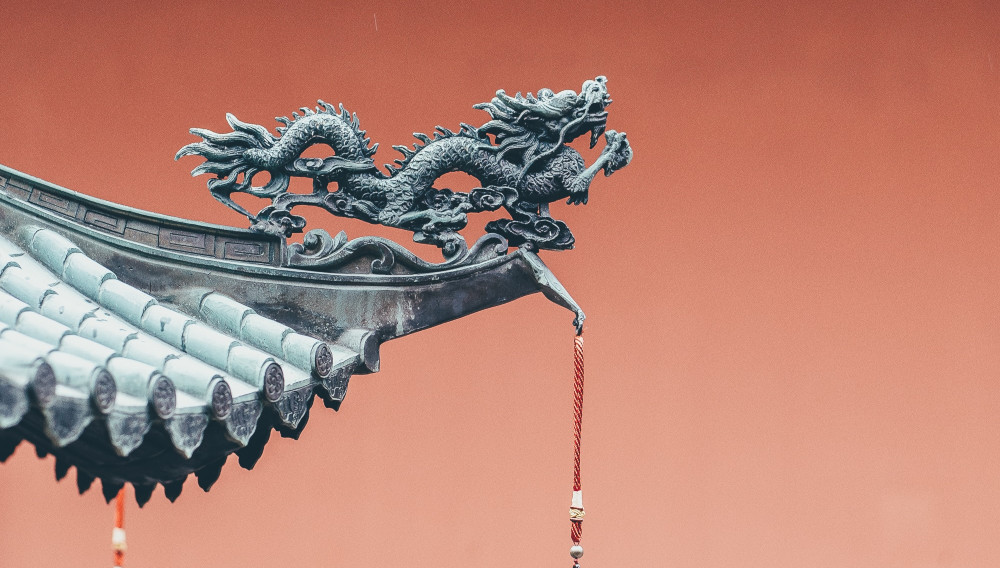CR Beer weighs taking a minority stake in AB InBev’s Asia unit
China | CR Beer has made an aggressive overture to AB-InBev by officially declaring that it is “weighing the possibility” of acquiring a minority stake in AB-InBev’s Asia unit. CR Beer’s CEO Jason Hou said on 16 August 2019 that a final decision has yet to be taken.
Funny that Mr Hou chose to ignore business etiquette. Usually, it is left to professional meddlers, aka bankers, to act as discreet match makers. But he must have had his reasons for being so bullish and blunt.
CR Beer, which is a member of the state-controlled China Resources Group and the maker of the Snow beer brand, is China’s major brewer in terms of market share (23 percent in 2018). Nevertheless, selling copious amounts of mainstream beers is not going to get CR Beer anywhere in the long-run.
These days, all the action is in the premium and super-premium segment of the market, which is made up of mostly international beer brands. The segment already amounted to 16 percent (or 80 million hl) of total beer sales in 2018. It is forecast to grow between 3 and 5 percent until 2023.
Reports say that super-premium beer brands in China cost 11 times the price of a value beer. For comparison, in a mature beer market, say Australia, the price gap between a super-premium and a value beer is far narrower (only 1.6 times).
According to estimates, AB-InBev is the undisputed leader in the premium and super-premium category with a share of 46 percent, thanks to the popularity of brands like Budweiser, Stella Artois, Corona Extra and Hoegaarden. CR Beer, on the other hand, only ranked third in this segment with a share of 11 percent.
Seeing that it lacked a genuine super-premium brand with international credentials, CR Beer in August 2018 decided to acquire Heineken’s China operations (5 to 6 million hl beer) under a broader agreement that gave Heineken a 40 percent stake in CR Beer’s controlling shareholder.
At the time, Mr Hou did not beat about the bush when he said that CR Beer’s aim was to seize leadership in the premium and super-premium segment in the next five to ten years. However, he left it open how CR Beer would pull off this feat. It can be ruled out that he had placed his hopes on growing the sales of Heineken beer organically to over 50 million hl by 2023, in order to snatch the crown from AB-InBev.
However, he knew as well as other market observers that AB-InBev had manoeuvred itself into a corner because of its debt load. The announced and then aborted IPO of its Asia unit and the subsequent fire sale of Australia’s brewer CUB to Japan’s Asahi in July bear testimony to this.
All Mr Hou had to do was to bide his time. Take it for granted that behind closed doors AB-InBev is plotting its next moves. On 19 July 2019 the brewer already said that it continues to believe in the “strategic rationale of a potential offering of a minority stake” in Budweiser Brewing APAC, as the Asia unit was called in the IPO.
In plain English: AB-InBev is still interested in selling off a chunk of its Asia unit, which may include its businesses in South Korea, Vietnam, Japan and India. There is one proviso: the sale has to attract “the right valuation”.
Doubtlessly, the valuation will be impacted (or hit) by the overall political situation. As the US-China trade war escalates and China’s economic growth slumps to its lowest level in nearly three decades, AB-InBev may come to realise that there are no potential buyers around, who will meet its asking price. The IPO fiasco should serve as a warning.
Whether CR Snow would be AB-InBev’s preferred partner in its Asia unit or not is a moot point. In the past, Anheuser-Busch held a 27 percent stake in brewer Tsingtao, which it was forced to sell in 2009 after it was taken over by Belgium’s InBev in the previous year. South African brewer SABMiller, for its part, had 49 percent in CR Snow, which AB-InBev had to dispose of following its takeover of SABMiller in 2016. At the time, rumours of strained relationships between the brewers and their Chinese partners abounded.
Let’s not forget, we are talking about China, where the Communist Party is the ultimate authority both in business and politics. The decision, which Chinese brewer will be allowed to make a move, firmly rests with the Communist Party.
One thing is certain. CR Beer’s overtures cannot please Dutch Heineken. If CR Beer were to buy into AB-InBev’s Asia unit, Heineken could find itself as part of a threesome and unwillingly so. There is the real risk that its brand will no longer receive the attention it was promised once CR Beer can lay its hands on Budweiser & Co.
Because China’s beer market has massively contracted between 2013 and 2018, CR Beer has had a tough few years rationalising and improving productivity at its plants. Its annual capacity is about 210 million hl, which compares with 112 million hl beer sold in 2018.
Mr Hou said recently that CR Beer has been cutting staff and closing down 13 of its 91 breweries in 2018. It could shut some more facilities over the next two to three years, he advised. CR Beer has also reduced the number of total employees to 35,000 as of 30 June 2019, from 40,000 at the end of 2018 and 52,000 the year before. Mr Hou didn’t detail how many more jobs would be cut.
Authors
Ina Verstl
Source
BRAUWELT International 2019


